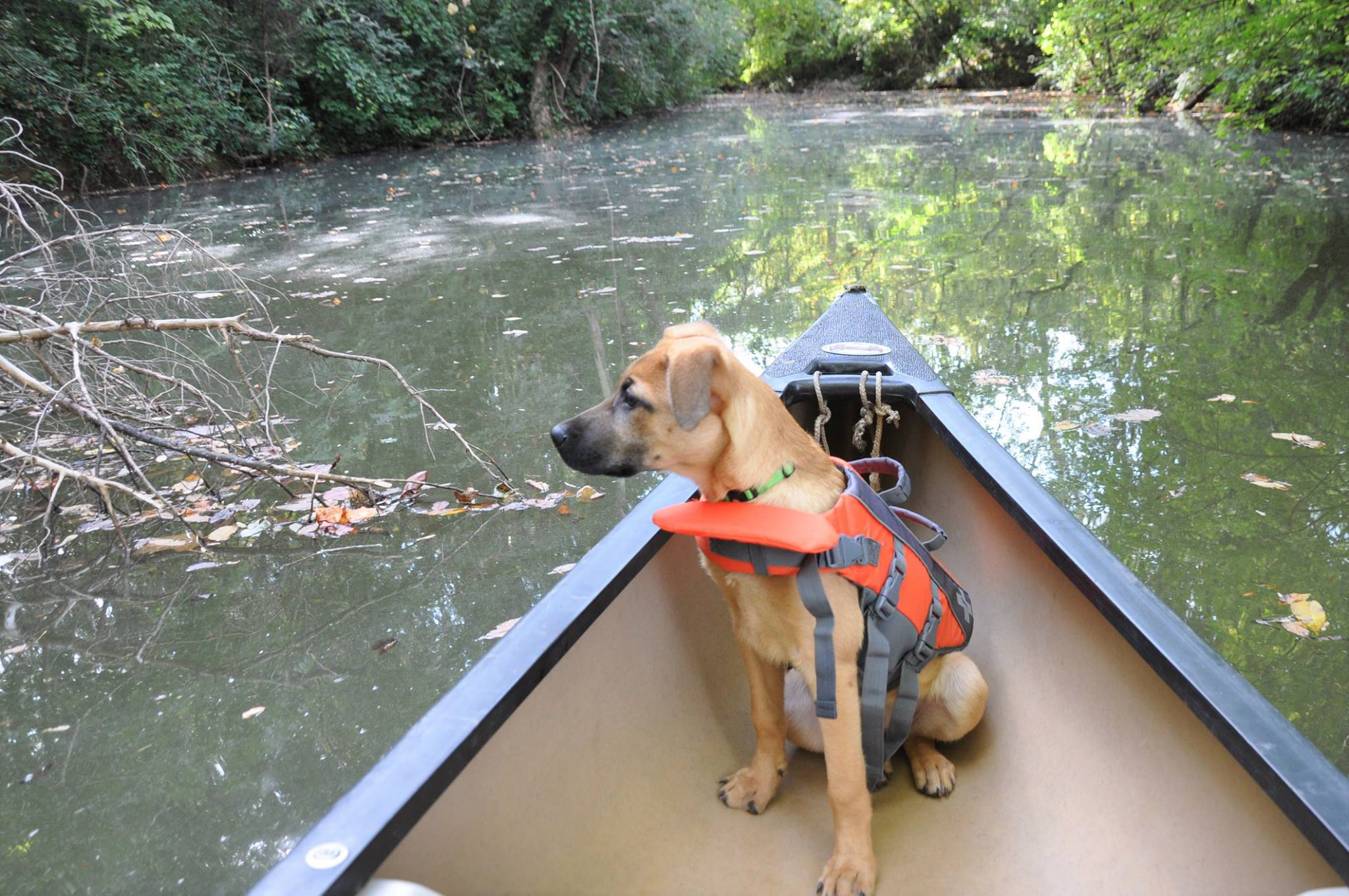Trevathan takes to the water once again
Kim Trevathan, an Associate Professor of Writing Communications and faculty advisor of the Highland Echo, is heading off this month to have another adventure on the Tennessee River.
Though this is not Trevathan’s first trip paddling the length of the great Tennessee River, this time does bring new challenges, as Trevathan will be paddling upstream and against the current the entire time.
“It has been 20 years since I first paddled the length of the Tennessee River,” Trevathan said. “This trip will be an interesting exploration of how the river has changed and how I have changed.”
These trips aren’t just an enjoyable pastime for Trevathan, they also provide content for his writing. As an experienced nature writer, Trevathan has authored three books that all revolve around his time on the water.
A lot of that writing has documented and reflected on the environmental damage to our nation’s rivers and lakes. In his writing, he often connects the past with the present while regarding the decay found on the waterways that were so long ago used by natives and early pioneers.
The specific environmental impact on rivers and lakes by the onslaught of motorized craft is significant to people who care about the waterways. This is another reason why Trevathan chooses to use human powered propulsion over the more modern motor.
“A lot of people ask me why I don’t use a motor on my boat,” Trevathan said. “I get this question every time I do one of these river trips. Paddling the river is an intimate affair. It gets me closer to nature and connects me to the history of the place. I want to go slow. I like the low impact of not having a gasoline motor. I like being close to the water and the link to the history.”

Maggie, Trevathan’s K-9 counterpart for this adventure, has been training in the ways of canoe-life for months now. For Trevathan, having a dog as a partner on the river is a must, and he has included his companions over the years in much of his literary narrative.
“I’m not exactly sure how long it’ll take,” said Trevathan, regarding the duration of the trip. “It all depends on things like the weather and the river conditions. It could take seven or eight weeks, or it could take even longer than that.”
The Tennessee River spans from 12 miles north of Knoxville, Tenn. all the way to Paducah, Ky. It runs in a large U-shape that stretches from East Tennessee downward into Alabama and Mississippi before reaching back up through West Tennessee and on into Kentucky.
“This project is important to Maryville College because a teacher of writing is most credible, and arguably most effective, when he also writes,” said Barbara Wells, VP and Dean of Students in a press release written by the Maryville College Communications Department.


Safe travels, Maggie and Kim Trevathan!